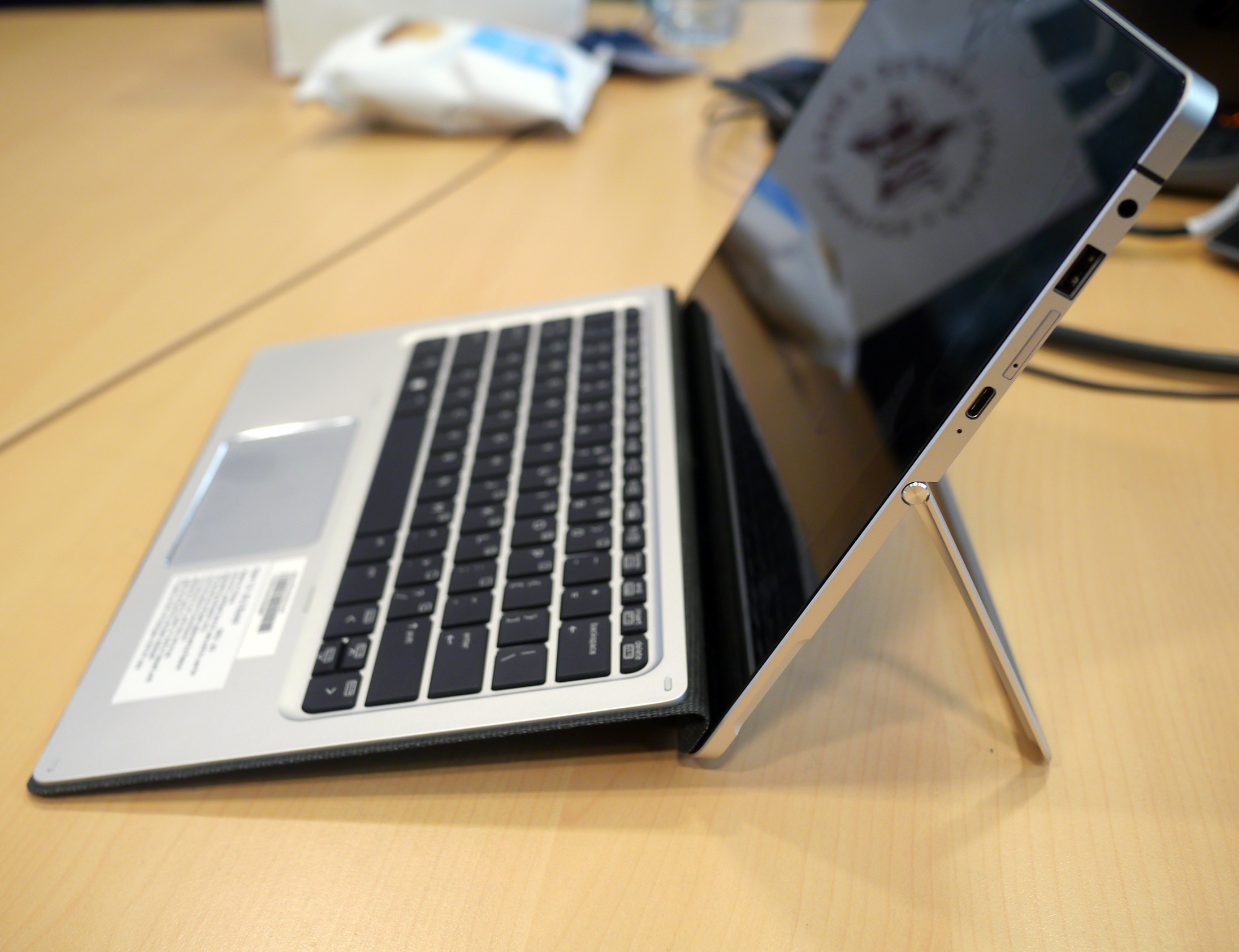Mobile market continues to boom
The latest mobile tracker from IDC shows smartphones have continued to help the market grow.

The worldwide mobile phone market grew 17.9 per cent in the fourth quarter of 2010, according to IDC.
The growth marks a new quarterly high, principally attributed to a stronger economy and the wider selection of affordable smartphones.
Kevin Restivo, senior research analyst with IDC's worldwide mobile phone tracker, claimed growth and replacement cycles were being pushed by users willingness to "swap out older devices for ones that handle data as well as voice."
"The mobile phone market has the wind behind its sails," he said.
Restivo predicted the smartphones' sub-market would continue to grow largely through to the end of 2014. For 2011, he forecasted a 43.7 per cent growth.
Although it was mainly smartphones that helped lift the market after a weak 2009, IDC said they were not the only devices to show good results.
ZTE, a Chinese company that sells majorly low-cost feature handsets in emerging markets moved into fourth position worldwide in the fourth quarter to become the first Chinese manufacturer to break into the top five vendors ever. Nokia, Samsung, LG, and Apple, remained as ZTE's company.
Get the ITPro daily newsletter
Sign up today and you will receive a free copy of our Future Focus 2025 report - the leading guidance on AI, cybersecurity and other IT challenges as per 700+ senior executives
IDC's regional analysis in Western Europe showed strong smartphone sales were driven by carrier smartphone promotions, which convinced users to scrap their feature phones.
Among the most successful devices in Western Europe, IDC highlighted the iPhone 4, HTC Desire, Nokia N8, Samsung Galaxy S and Blackberry 8520.
-
 Third time lucky? Microsoft finally begins roll-out of controversial Recall feature
Third time lucky? Microsoft finally begins roll-out of controversial Recall featureNews The Windows Recall feature has been plagued by setbacks and backlash from security professionals
By Emma Woollacott Published
-
 The UK government wants quantum technology out of the lab and in the hands of enterprises
The UK government wants quantum technology out of the lab and in the hands of enterprisesNews The UK government has unveiled plans to invest £121 million in quantum computing projects in an effort to drive real-world applications and adoption rates.
By Emma Woollacott Published
-
 Global PC sales could face a major hurdle in 2025
Global PC sales could face a major hurdle in 2025News Global PC and tablet sales could face a major hurdle in 2025, according to new research from IDC.
By Emma Woollacott Published
-
 Waning hardware demand to wipe nearly $70bn from chipmaker revenues
Waning hardware demand to wipe nearly $70bn from chipmaker revenuesNews The semiconductor market is feeling the impact of decreasing business hardware demand
By Ross Kelly Published
-
 PC sales threatened by power of detachable tablets
PC sales threatened by power of detachable tabletsNews IDC revealed PC sales are set to decline 7.3 per cent year-on-year by the end of 2016
By Clare Hopping Published
-
 Samsung maintains lead on worldwide smartphone shipments
Samsung maintains lead on worldwide smartphone shipmentsNews IDC stats reveal Apple didn't manage to catch up, despite great demand for the iPhone 6 and iPhone 6 Plus
By Clare Hopping Published
-
 Gartner & IDC disagree on PC market's Q4 performance
Gartner & IDC disagree on PC market's Q4 performanceNews While one analyst reports growth, the other posts a decline in PC sales, but Lenovo still rules the roost
By Caroline Donnelly Published
-
 Global smartphone shipments hit record 1bn units in 2013
Global smartphone shipments hit record 1bn units in 2013News Smartphones account for more than 55 per cent of all mobile phones shipped
By Caroline Donnelly Published
-
 3D printers set for mainstream use
3D printers set for mainstream useNews IDC report says the technology will move from niche to mainstream in four years.
By Rene Millman Published
-
 EMEA PC market shrinks further in face of tablet threat
EMEA PC market shrinks further in face of tablet threatNews IDC figures reveal 20 per cent year-on-year slump in PC shipments across EMEA.
By Caroline Donnelly Published